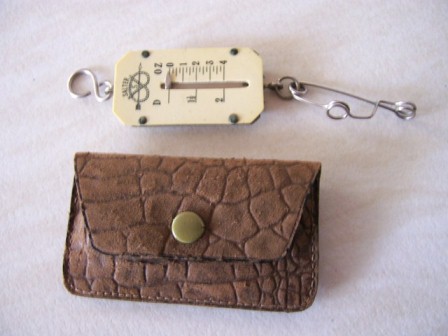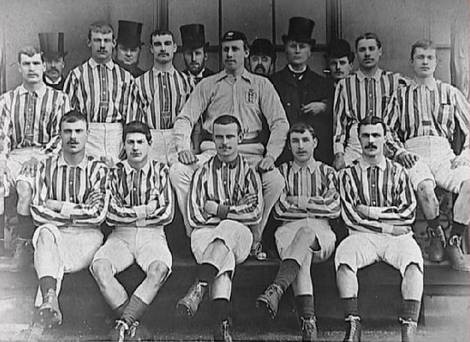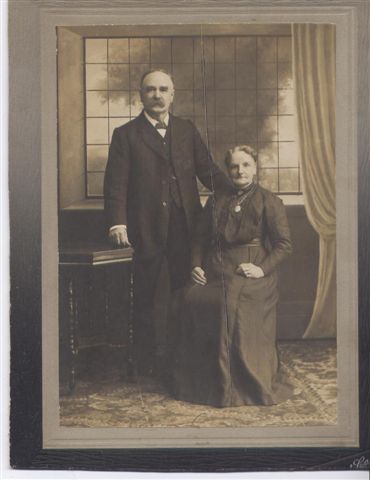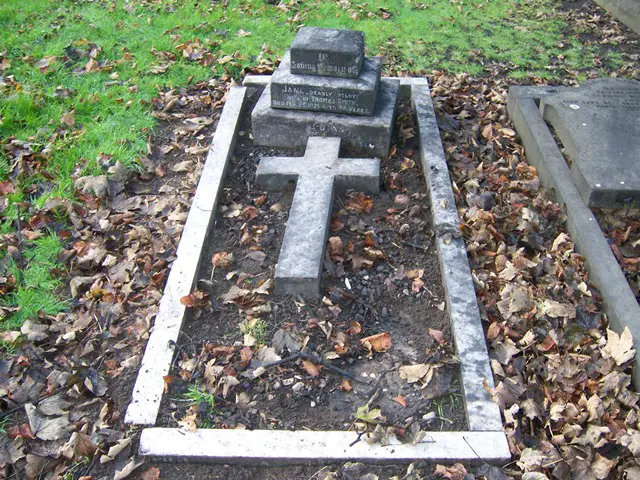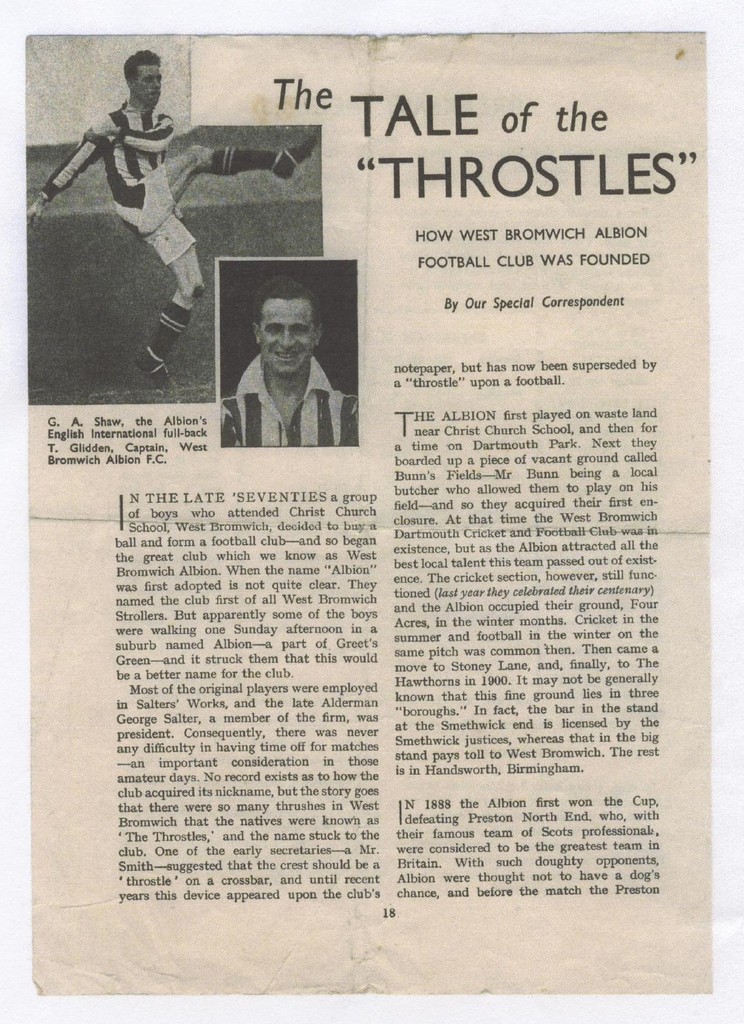Here is the information from WBA club minutes, which confirmed my great grandfathers connection to the club. No wonder he had letter scales which I still own. In the 1887 AGM it states he sent 1,818 letters post cards and telegrams in the season.
THOMAS SMITH
Thomas, was not as you thought, the first Secretary of the club, but in fact the fifth. Our records show that he held that position at the club between 1884 and 1890. He followed John Bisseker (1880/81); John While (1881/82): Arthur E Eld and Mr F Seymour (Joint Secs-1883/84) and Arthur Eld and Joseph Hughes (1883/84).
He was as you quite rightly say, an employee of George Salters, where as we all know it all began, but we have no information as to when he left their employment. Indeed, your email, throws further light on his biography. Thankyou for providing the information with regard to his employment at Salters between 1879-1911.
Thomas was also a junior player at the club, in it’s infancy, and there is one recorded appearance for the first team on 13[SUP]th[/SUP] December 1879 against Black Lake Victoria. Albion won the match 1-0, played at Dartmouth park. In the team line-up his position is shown as half back. It is also recorded that he played for a rival West Bromwich side, West Bromwich FC in the 1879/80 season.
He was indeed a very important representative of the club, and held down the position of first Hon Sec then General Secretary, a position he took up on 31[SUP]st[/SUP] October 1884. Both these positions were unpaid. Which caused him on more than one occasion to ‘attempt’ to resign. I say attempt because, he tried to step down several times, but on each occasion was persuaded to stay on.
Thomas did indeed design the first Club emblem of a ‘Throstle on the crossbar’, which of course led to the side being called ‘The Throstles’. This emblem was indeed adopted by the club committee in 1884. On 16[SUP]th[/SUP] December that year, It is minuted in the club minute books, that Thomas instigated a resolution regarding fixtures, and fixture congestion, postponing the issuing of said fixtures after 16[SUP]th[/SUP] December, due to the upcoming Cup matches that the club had to play. Therefore, after that date fixtures were issued on a weekly basis, and fans were notified in the local press. This was of course before the formation of the Football League.
He was a member of the Committee that oversaw the move of the club to Stoney Lane, a committee that was tasked with pursuing the possibility of such a move, which of course went ahead at the start of the 1885-86 season. He was in charge of affairs for three FACup finals 1885, 1888. And 1892, and of course as stated the formation of the Football league in 1888.
On the 17[SUP]th[/SUP] March 1885, He and Henry Jackson, were elected by the committee to attend an FA Meeting in London on 23[SUP]rd[/SUP] March 1885, to discuss Professionalism. He was an integral figure in seeing the resolutions approved, and we have what we have today!
At the AGM in 1887 (1.7.87) he expressed the desire to resign, because of pressure of work. He was of course unpaid, and in his letter told the committee that he had in the last year, travelled 4,000 miles on club business, attended 52 committee meetings, and sent 1,818 Letters postcards and telegrams during the course of the season. He was however persuaded to stay on.
On 16[SUP]th[/SUP] March 1888, At a Committee meeting it was resolved that Thomas would attend a conference held in the Andertons Hotel in London, with William McGregor and others, to discuss the formation of the Football league. Once again he proved to be an integral and important figure in the negotiations.
On the 19[SUP]th[/SUP] June that year (1888), he finally got some form of financial recompense, when he and Louise Ford, the financial Secretary were awarded a 25/- (shilling) honorarium.
In November 1888, he once again sent in letter of resignation to the board, tendering his resignation, due to the demands of the job on his health. One again he was persuaded to stay on.
Finally on 29[SUP]th[/SUP] April 1890, it is recorded in the minutes, that he attended a meeting and read out a letter of resignation, that he would be unable to accept office for the 1890/91 season. The committee asked him to reconsider, but on this occasion, and the minutes of the following meeting on 6[SUP]th[/SUP] May 1890, he stood fast and finally stood down from his duties.
